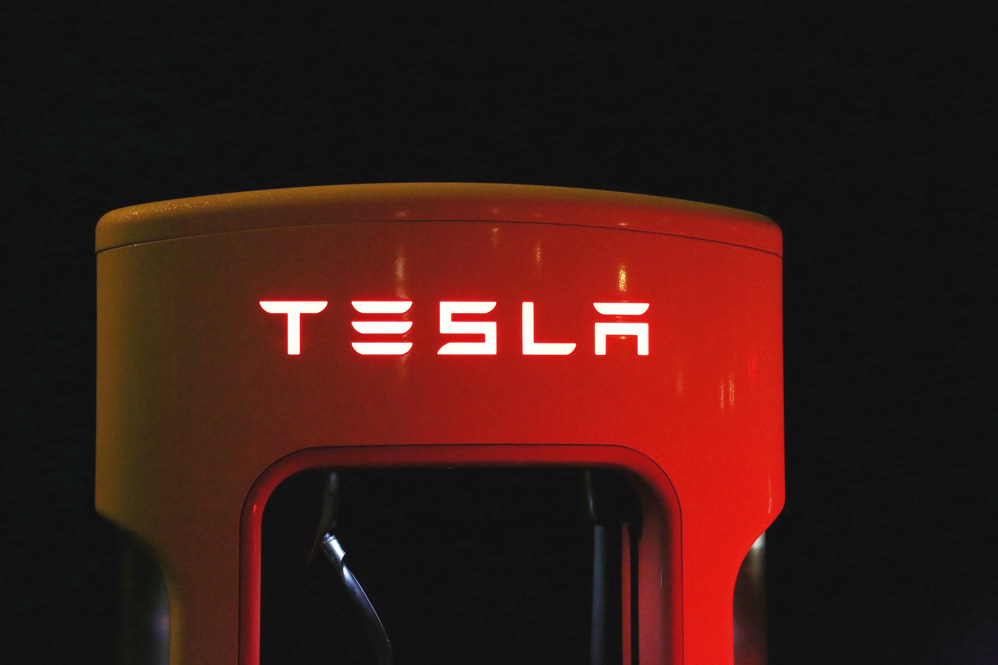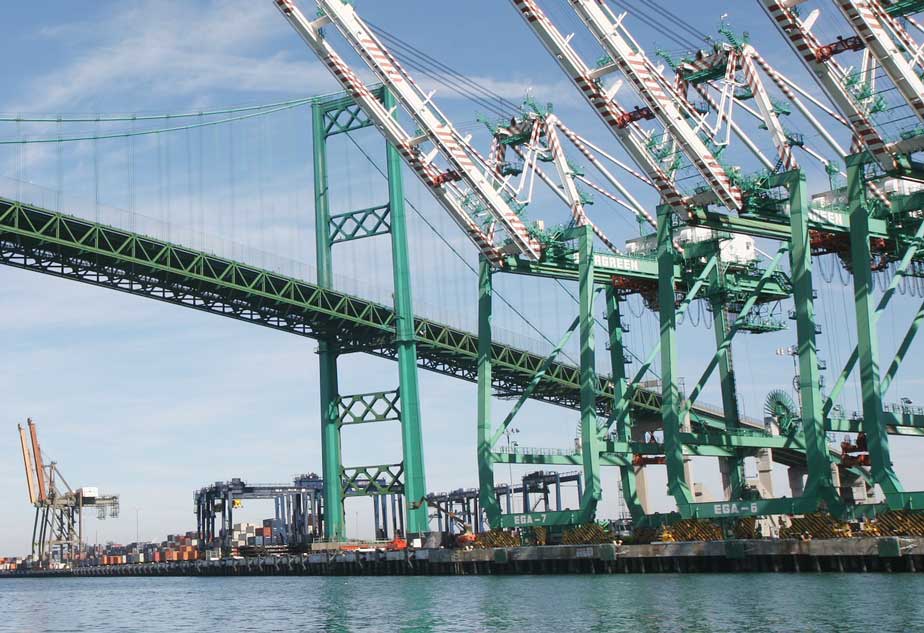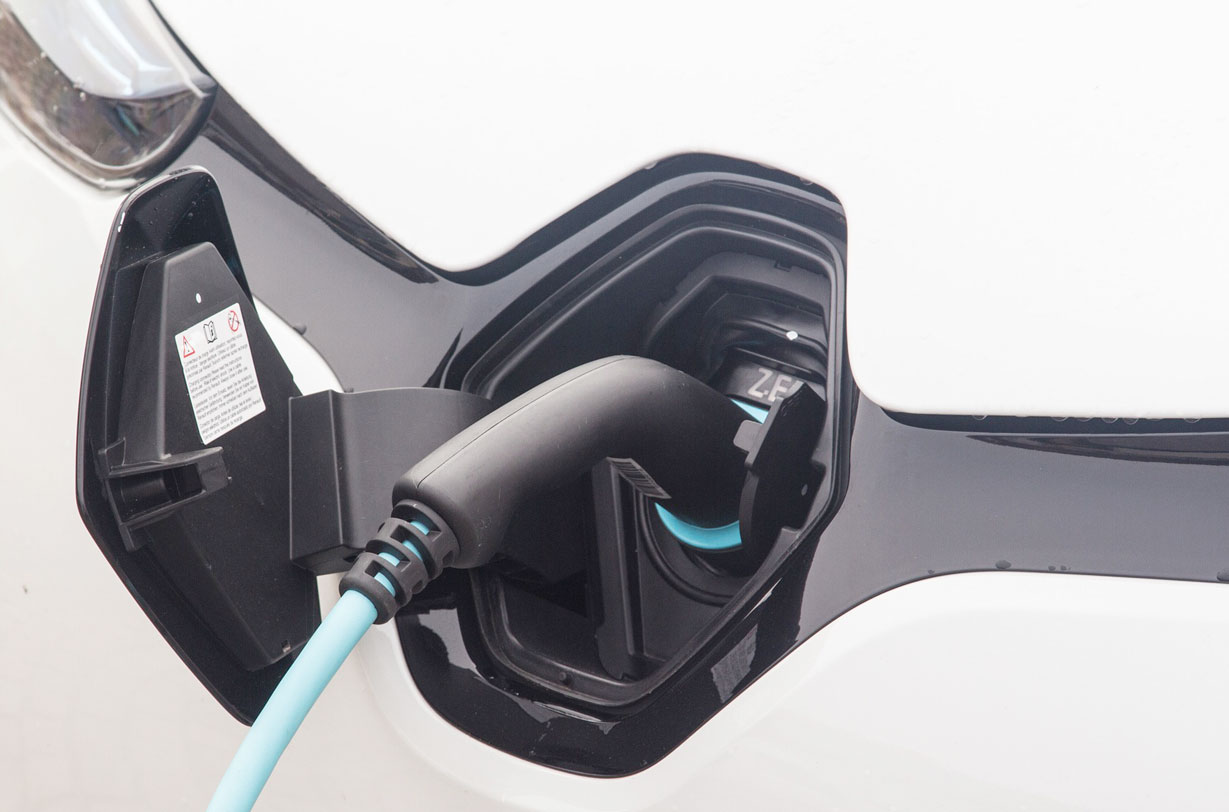Will Trucking Go Green?
Tesla has announced that on September 28, it will unveil its new, all-electric heavy truck: the Tesla Semi. Tesla’s not the only one looking to make the trucking industry go green. In April, Toyota launched a test of its own clean energy truck powered by hydrogen. The trucking industry currently transports over 70 percent of […]

July 14, 2017

Tesla has announced that on September 28, it will unveil its new, all-electric heavy truck: the Tesla Semi.
Tesla’s not the only one looking to make the trucking industry go green. In April, Toyota launched a test of its own clean energy truck powered by hydrogen.
The trucking industry currently transports over 70 percent of all freight moved in the United States. If clean energy hits the trucking industry, it could be a revolutionary change.
Tesla Semi and Electric Trucking

Tesla, with famous CEO Elon Musk at the helm, has many electric cars on the road already. Taking electric to the trucking industry is the natural next step.
“I really do not see any segment of transport that will not be electric,” Musk told Trucks.com.
Tesla plans to use parts from its Model 3 compact sedan, which is scheduled for production later this year, in the Tesla Semi.
When it comes to electric trucks, one of the biggest criticisms is that they won’t be capable of transporting heavy loads over long distances as well as diesel trucks. But Musk has insisted that the Tesla Semi has “the highest weight capability and with long range,” making the trucking industry eager to see the technology behind Tesla’s latest model.
The Tesla Semi is also expected to sport some self-driving capabilities, although it is unclear at what level they’ll be. At the very least, Tesla released a teaser image of the semi that was conspicuously without side mirrors, so perhaps cameras will be used instead to cover more of the infamously large blind spots accompanying all semi trucks.
Toyota and Project Portal

While Tesla focuses on electric energy, Toyota is focusing on hydrogen fuel cells.
In April, Toyota announced Project Portal, a truck with a hydrogen fuel cell system. The truck emits nothing but water vapor and is being studied closely for the summer while it is being used at the Port of Los Angeles.
Hydrogen fuel cells in cars charge in about three to five minutes—much more quickly than electric cars, which can take 20 minutes just to charge halfway. They can cover longer distances as well: an electric Tesla can only go 265 miles on a single charge, but a hydrogen vehicle can travel 300 miles or more.
But creating hydrogen fuel can be difficult and expensive, making it a hard sell for consumers to switch from the culture of gasoline (or even the developing culture of electric) to hydrogen.
The Safety of Electric and Hydrogen

With any new technology, the first question we want answered is often, “Is it safe?” Since electric and hydrogen semi trucks are still development, we can look to their car counterparts to get an idea of how safe they may be when they hit the road.
At this time, electric cars are generally accepted as safe. However, first responders may be at risk for shock from damaged systems in the event of a crash. To prevent this, automakers are taking steps to standardize kill switches that can completely power down a car in the event of an accident. For example, Nissan has included sensors in its LEAF electric car so it can disable electricity when it senses a crash.
Of course, stories in the news of exploding cell phones and e-cigarettes are currently giving lithium ion batteries a bad name, which may make consumers wary of driving cars powered by the same kind of battery. However, automakers are installing various safety devices to minimize the risk of fire—the same way they do to minimize the risk of gasoline catching on fire. Automakers are using fuses and circuit breakers, keeping their batteries cool with various coolant systems, and separating their batteries into different steel cases to minimize risks.

Hydrogen fuel-cell cars have perhaps an even harder task before them to convince the public that their product is safe. Eighty years ago, the Hindenburg, the famous German zeppelin filled with hydrogen, exploded in the sky, and consumers have not yet forgotten how explosive hydrogen can be.
But today, hydrogen fuel-cell cars are about as safe as gasoline-powered cars. Hydrogen cars are fitted with sensors that can sound alarms and seal valves and fuel lines in case of a leak. Even in a collision, the hydrogen tanks have been tested and proven to be safe.
Help from an Indiana Semi Truck Accident Attorney
Clean energy is coming to the trucking industry, and there are sure to be unforeseen complications in its execution. While Tesla may tease the image of a semi without side mirrors today, the design may turn out to be a step backward in safety if cameras or other technology fail to adequately show drivers what’s around them. And while energy alternatives like electricity and hydrogen are exciting, they won’t stop semi truck accidents from being more damaging and deadly than car accidents.
If you’ve been injured in a semi truck accident, Hensley Legal Group can help. Call us today or contact us online for a free case review.
Available 24/7
Free Case Review
You won’t pay any fees until we win your case.
It’s easy - you can: